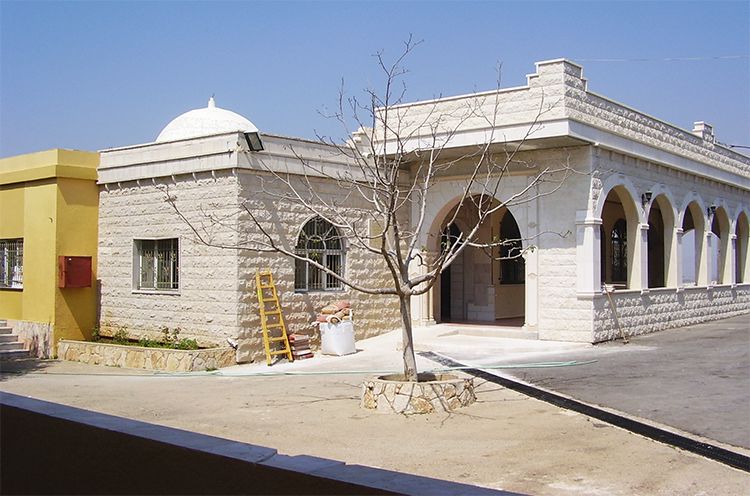An Interesting Community in Levant Region; Druze Arab

The Druze community is an exclusive religious group which has historical ties to Islam. It emerged during the 11th century during the era of the Fatimid Caliph Al-Hakim bi-Amr Allah in Egypt. Their origins lie in Ismaili Shias, they separated to develop a distinctive religious identity. Today, the Druze are recognized as an independent religious group which made it distinct from the major Islamic sects of Sunni and Shia Islam.
The Druze community believes on spiritual foundations that are deeply profound. They emphasize on an excellent and integrated understanding of God. They often refer God as “Al-Haqq,” which means “The Truth.” The hub of their belief system is the figure of Al-Hakim, whom the Druze admire as an exhibition of spiritual wisdom. The Druze believe that God will return to establish justice and truth.
The sacred texts of Druze community are known as “Al-Hikma” which means “The Wisdom”, are accessible only to an originated elite called the “uqqal” which means “the wise”, who serve as spiritual guides for the community. In Druze community ordinary members are refer to as “juhhal” which means “the unqualified”. They are expected to follow to ethical principles and have to trust the uqqal for religious matters. This division highlights that how the Druze emphasis on spiritual hierarchy and the regular achievement of illumination.

The Druze doctrine has another belief that is the travelling of souls or rebirth. According to faith of the Druze community every soul is eternal and experiences multiple lifetimes. It progresses their spirituality with each life until it achieves perfection. The Druze doctrine believes that this concept fosters a strong sense of community as every Druze person is interconnected through their shared spiritual journey.
The worship practices of Druze are distinct from traditional Islam. They do not build mosques neither observe the Five Pillars of Islam. Instead of it, their spiritual gatherings occur in “khalwas,” a private meeting place where the uqqal lead discussions and meditations on religious teachings. Their focused spiritual approach reflects in their public rituals and celebrations as they are very minimal.
The Druze geographically are focused in the Levant region. Their significant population reside in Lebanon in the Chouf Mountains where they have played a vital role in the country’s history and politics. In Syria, the Druze are found in Jabal al-Druze which is also known as Jabal al-Arab. In Israel, they live mainly in the Galilee and Golan Heights and are recognized as a distinct religious community. Their small groups also exist in Jordan and among displacement communities worldwide.

The Druze relationship with Islam is much complex. Their faith originated in an Islamic context but their doctrinal deviation and emphasis on secrecy have led to their classification as non-Muslims by the majority of Sunni and Shia communities. The Druze declare themselves as a unique identity which focus on their distinct religious heritage rather than seeking alignment with Islam.
Despite having small number of community, the Druze have maintained their cultural and religious identity for over a millennium. It navigates the challenges of living as a minority group in a region which obvious in sectarian divisions. Their contributions to the social, political, and culture of the Middle East are a testament to their resilience and enduring sense of community.

